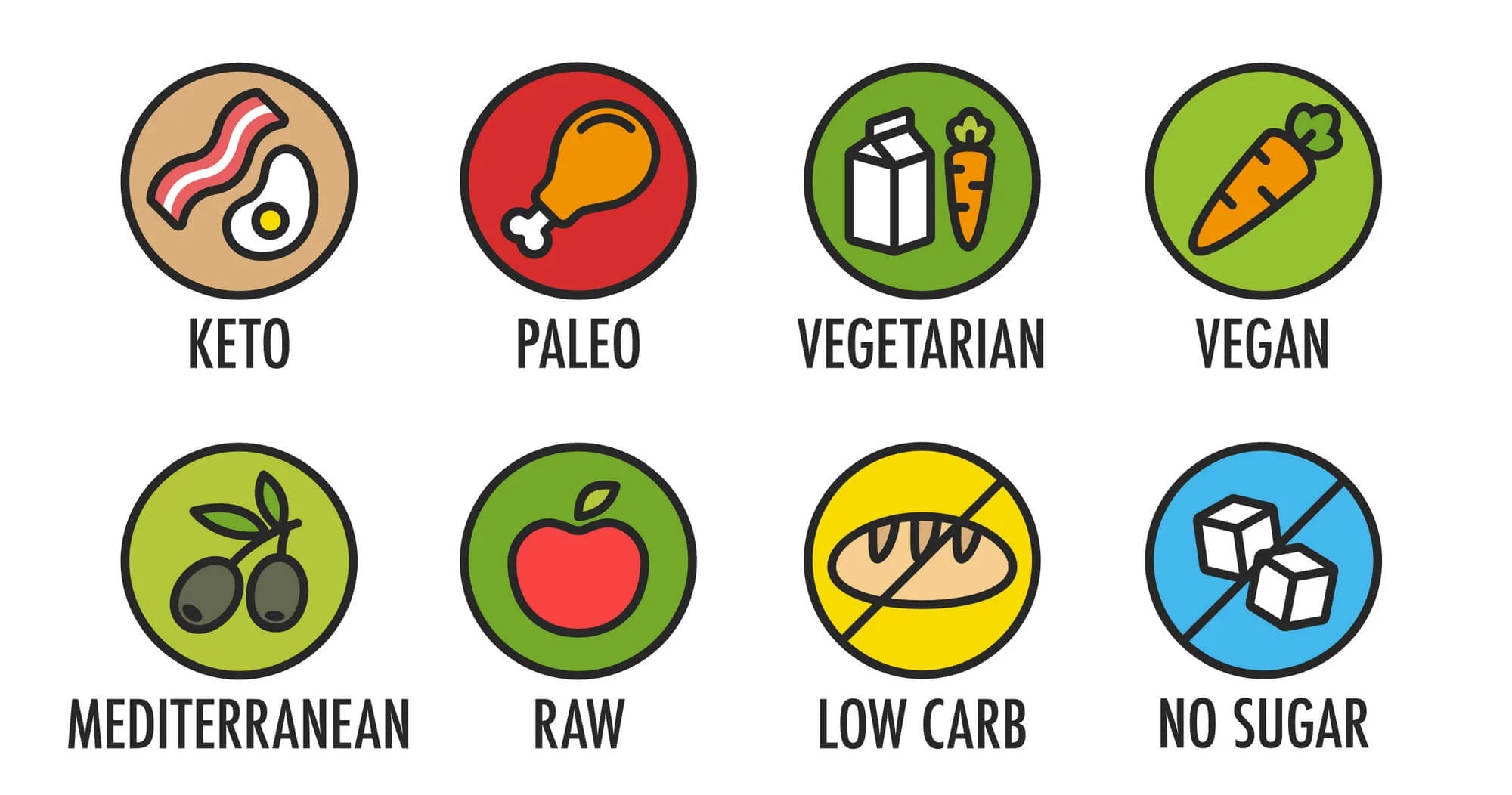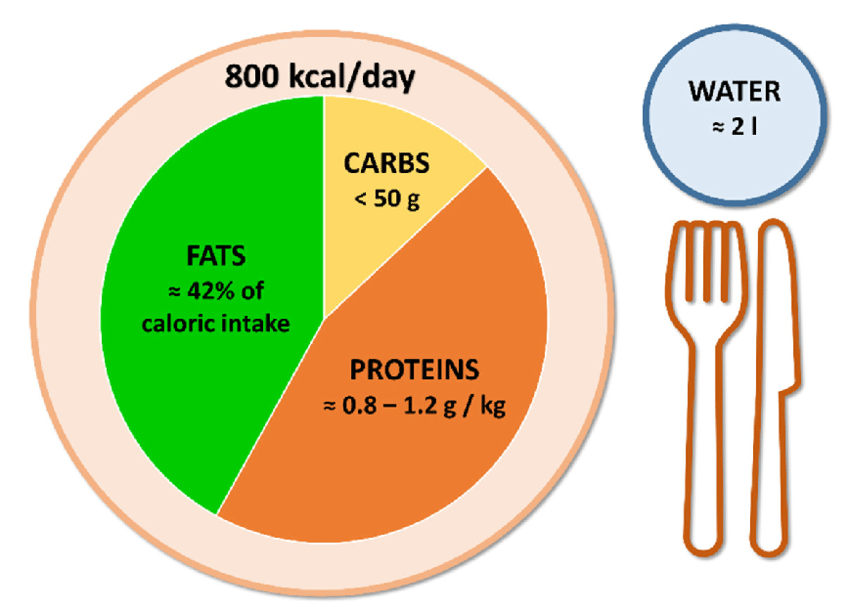
Low Calorie Diets or LCDs
Restricted calorie intake and strict dietary regimes, low calorie diets are used to lose weight and are used by many weight loss groups. What constitutes as 'low calorie' is relative to the individuals previous calorie limit without falling in to malnutrition. The body is supplied with nutrients however it is not enough to cover what is lost during the day.
The can be dangerous in some respects as a person may end up lacking necessary vitamins for good health and as such it always prudent to monitor food intake. Though there is risk, if good nutrition is kept (Calorie restriction with adequate nutrition or CRAN) then this particular style of dieting will quicken the process of losing weight.
Pregnant women and young adults are advised against using these kinds of diets, during pregnancy the extra calories that the body craves are imperative to a growing foetus and low calorie diets taken on by younger adults have the potential to develop into eating disorders, later in life.
Common LCDs
There are a range of diets based around the concept of low calorie;
- Okinawa Diet
- Weight Watchers Diet
- Body for Life
- CRON Diet
- Hacker Diet
- Nutrisystems Diet
Each with their own take on how to lower the calories and maintain healthy bodies, the low calorie diets are still under study to determine their long term health benefits to humans. Findings of animals placed on low calorie diets have shown promising results in increasing life expectancy and a longer youthful appearance. A reduction to the risk of cardiovascular diseases and lowered cholesterol are also linked to the reduction in calories.
Research on restricted calorie diets have been observed since the 1930's using laboratory rodents, showing positive, resulting in some subjects living twice their expected lifespans. Low calorie diets have proven to be effective in losing unwanted body weight at least and require only a little maintenance.
While positive effects have been seen in adults aged 18 - 65, a reduction in the risk of dementia and improved memory, there are also counter arguments stating that older generations placed on a restrictive calorie diet showed greater risk of heart disease.
The low calorie diet contains many contradictions from many different studies, its benefits have not been entirely proven and there is still little evidence showing any negative effects. It should be recommended as a short term solution specifically to weight loss, with professional input from a GP. Care should be taken when considering this as an option and effort made to keep up a nutritionally balanced diet.


